During a meeting with Vietnamese press, Ambassador Ito Naoki said that in the economic field, Japan wishes to continue to cooperate and support, helping Vietnam achieve its set goals, as well as strengthen ODA cooperation with Vietnam in a new approach.
In addition to the outstanding results in political-diplomatic, defense-security relations, economics, trade and investment are also highlights in the bilateral cooperation between Vietnam and Japan. According to the Ambassador, how have the two sides promoted this area of cooperation?
Japan hopes to continue supporting Vietnam to further develop its economy in the future. We support Vietnam to achieve its goal of becoming a developed country by 2045.
How do Japanese businessmen evaluate the investment environment in Vietnam, Ambassador?
Japanese enterprises all have positive assessments of Vietnam's investment environment and believe that Vietnam has great potential in attracting investment. Therefore, the number of Japanese enterprises investing in Vietnam is increasing. Currently, the number of Japanese enterprises in Vietnam is more than 2,000 enterprises.
Japanese enterprises investing in the Northern region of Vietnam focus on the manufacturing industry. I believe that in the coming time, the number of Japanese enterprises investing in the Northern provinces will increase.
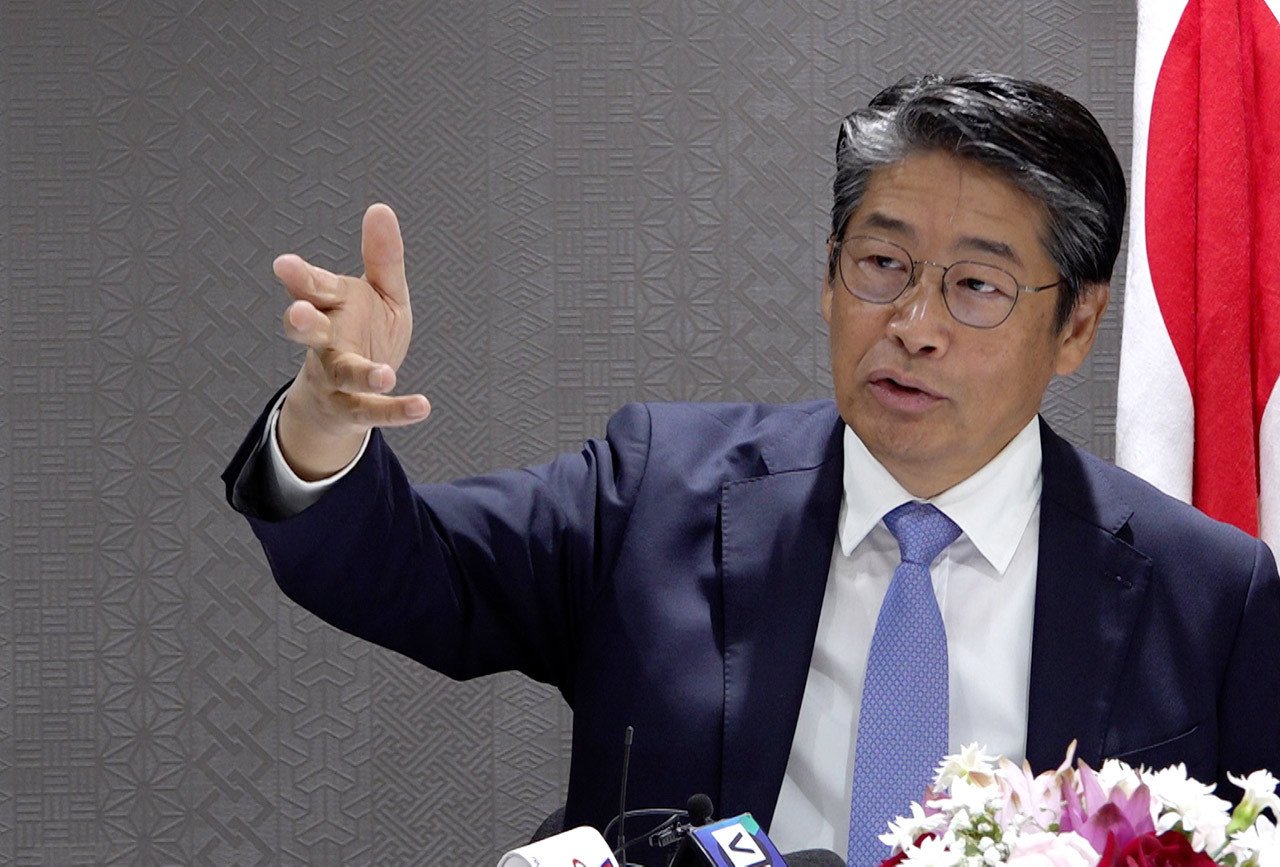
Vietnam has three very attractive points for investment. First, Vietnam’s economy is growing. Second, Vietnam is considered by businesses as an important link in the Asian supply chain. Third, Vietnam’s human resources are very talented, hard-working and have high working capacity.
Japan has always been Vietnam's largest ODA provider. Currently, Vietnam is paying great attention to digital transformation and green transformation to take advantage of attracting green finance for sustainable development. What plans does Japan have to support and cooperate with Vietnam in this field, sir?
Over the years, Japan's ODA to Vietnam has contributed greatly to Vietnam's economic development. In ODA cooperation, in addition to traditional fields, we hope to strengthen cooperation in new aspects such as energy, green transformation, and digital transformation.
Regarding specific projects, in October last year, during his official visit to Japan, Prime Minister Pham Minh Chinh and Prime Minister Kishida Fumio signed many documents and jointly presented a list of projects to be promoted. To concretize the strategic partnership between the two countries in the coming time, one of the things we must do is to further strengthen cooperation with Vietnam, promote progress and quickly complete the projects.
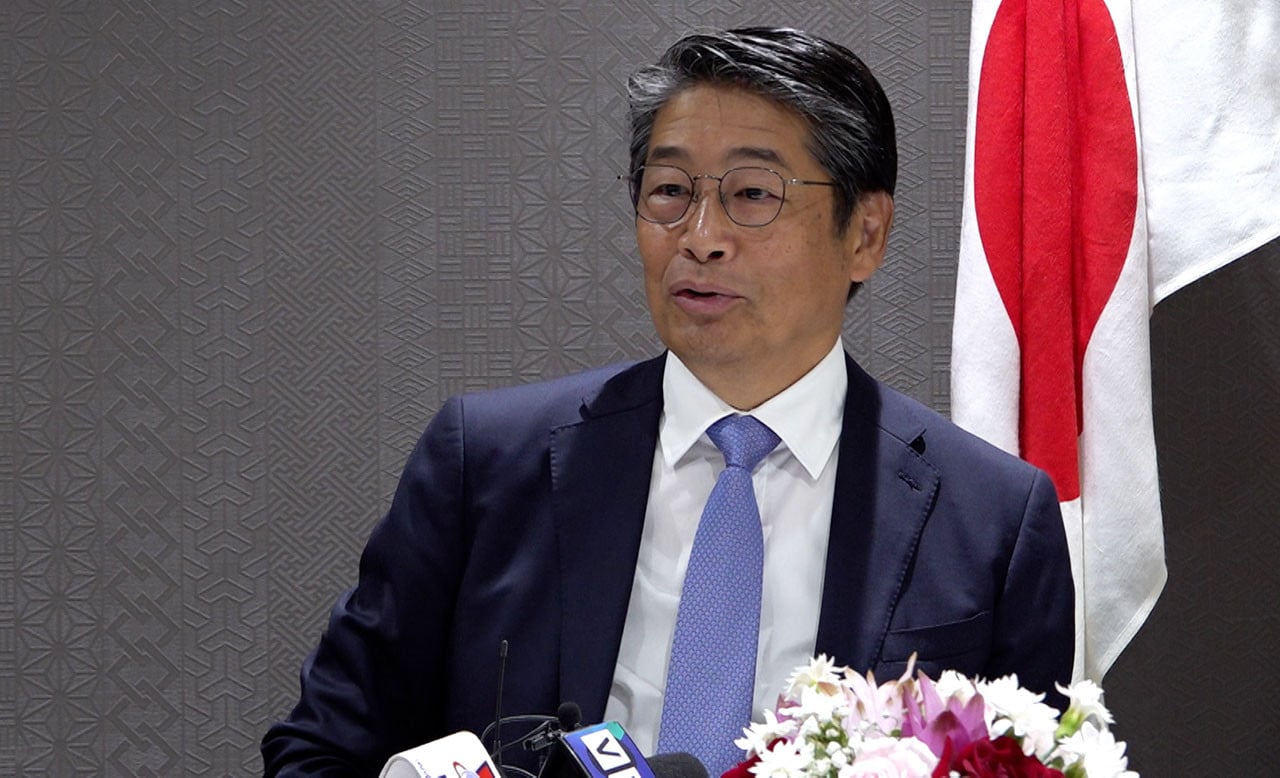
During the ODA cooperation process, have the two countries encountered any difficulties, Ambassador?
Japan attaches importance to the transportation sector. Some notable projects with Japanese ODA capital are urban railway line No. 1 in Ho Chi Minh City, the North-South expressway section Ben Luc - Long Thanh and the project to build urban railway line No. 2 in Hanoi.
The problem that the two countries are facing in the cooperation process is that it takes a lot of time from the time of signing the project to the time of implementation. To promote cooperation, I think that both sides need to sit down, discuss to understand each other's point of view, put themselves in the position of partners to solve the arising problems, thereby promoting the progress and completion of the project.
To strengthen cooperation between the two countries, promoting trade and investment is also very important. To attract investment in new areas such as clean energy, green transformation, digital transformation or artificial intelligence, Vietnam needs to further improve its investment environment to increase its attractiveness.
Japan's development white paper clearly states that Japan will proactively propose to provide ODA to developing countries. In parallel with the current traditional approach of relying on proposals among developing countries to receive ODA, in which areas will Japan proactively propose to provide ODA to Vietnam, sir?
Based on the achievements in ODA cooperation between the two countries in recent times, as well as based on Vietnam's wishes and desires, there are three main pillars. These are perfecting the mechanism, human resources and infrastructure. In particular, I believe that the application of techniques and technology of Japanese enterprises in the process of implementing aid projects and cooperation with Vietnam is extremely important.
The two countries’ top leaders signed documents last year, highlighting areas where Japan will proactively provide ODA, including digital transformation infrastructure, green transformation, and climate change. Japan will promote and increase ODA in these areas.
Source: https://vietnamnet.vn/nhat-ban-thay-doi-cach-tiep-can-moi-voi-von-oda-cho-viet-nam-2296415.html


![[Photo] Magical moment of double five-colored clouds on Ba Den mountain on the day of the Buddha's relic procession](https://vphoto.vietnam.vn/thumb/1200x675/vietnam/resource/IMAGE/2025/5/9/7a710556965c413397f9e38ac9708d2f)
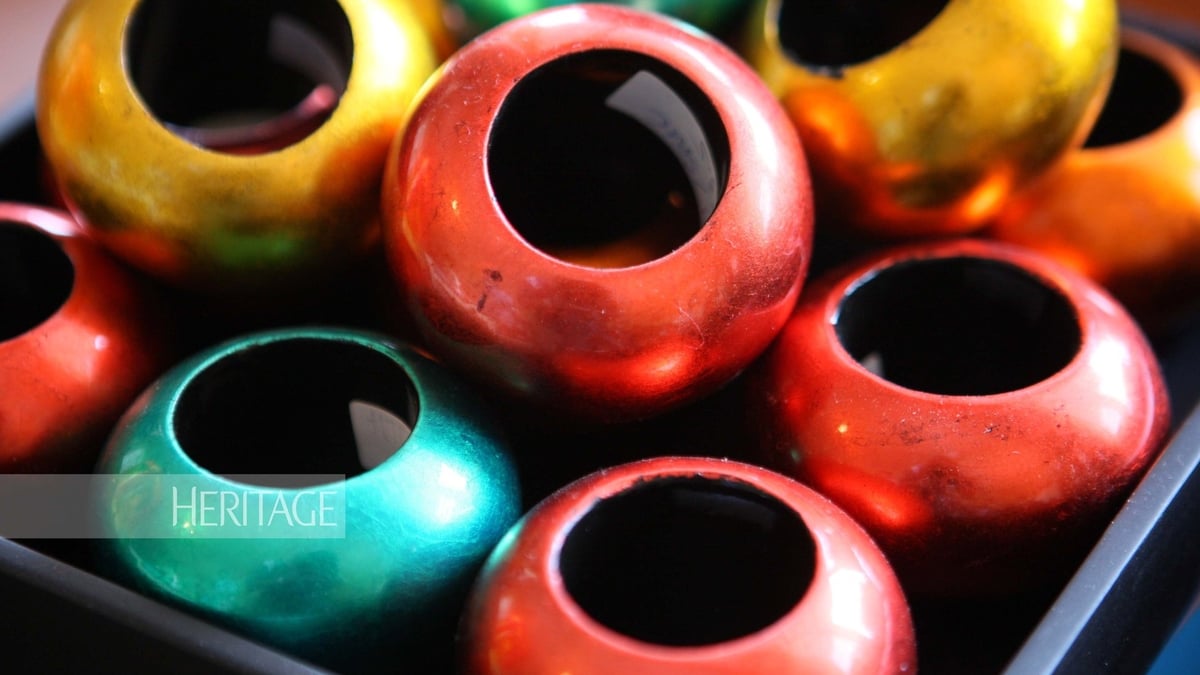












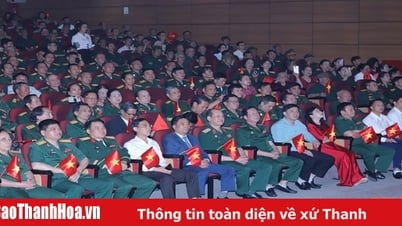




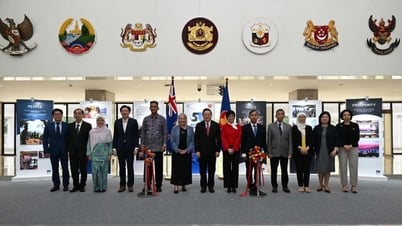
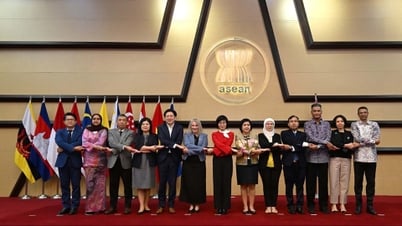











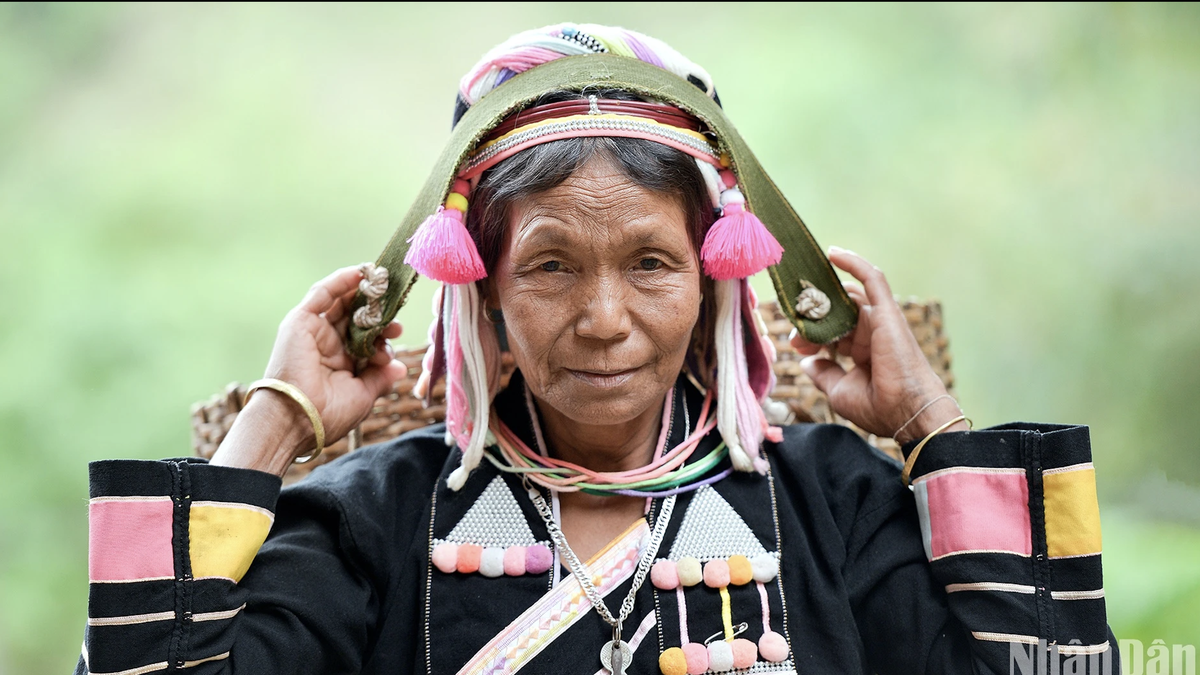
![[Photo] General Secretary To Lam begins official visit to Russia and attends the 80th Anniversary of Victory over Fascism](https://vphoto.vietnam.vn/thumb/1200x675/vietnam/resource/IMAGE/2025/5/8/5d2566d7f67d4a1e9b88bc677831ec9d)
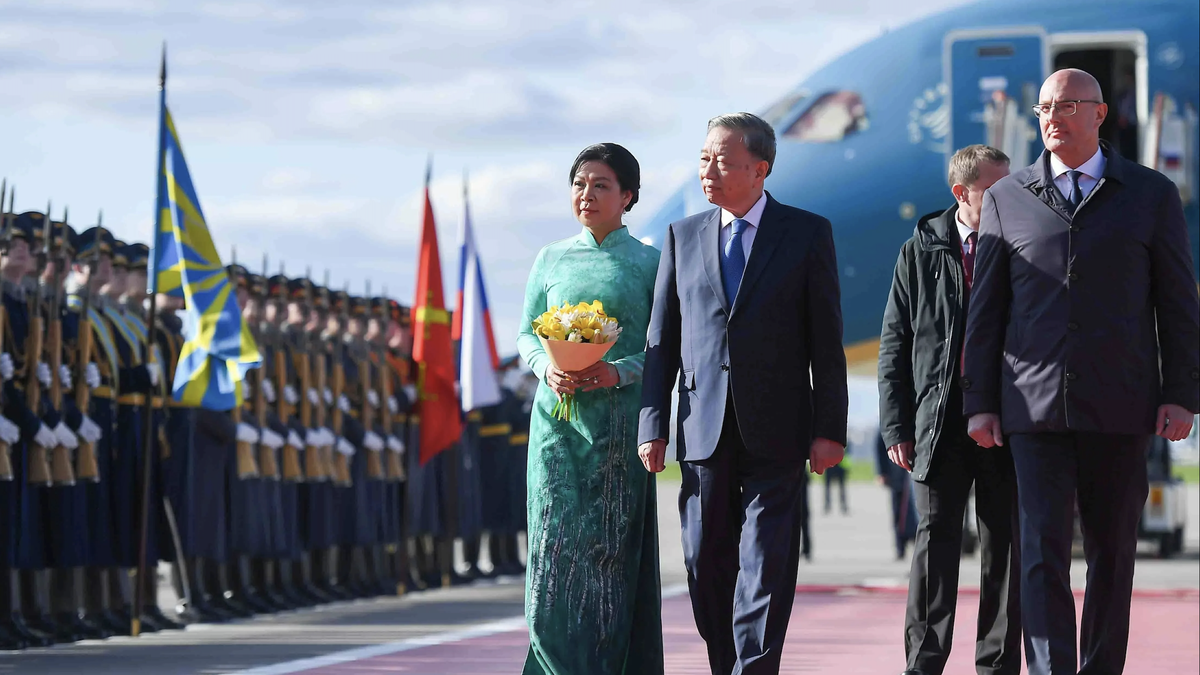








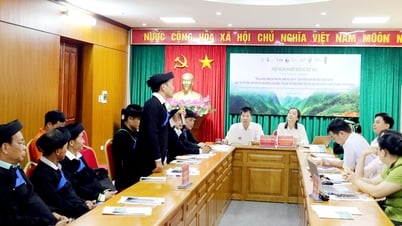






























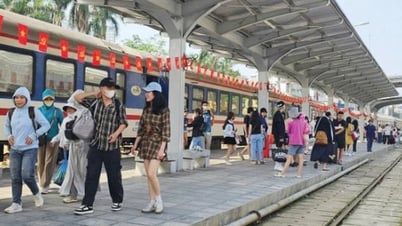


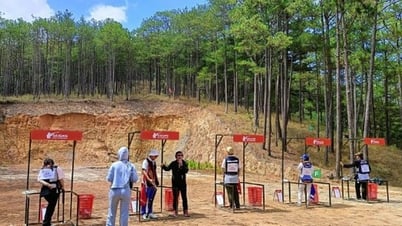


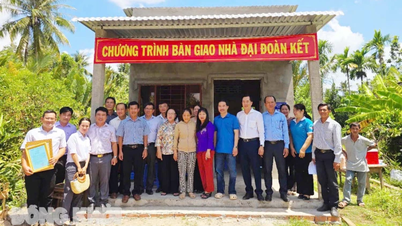
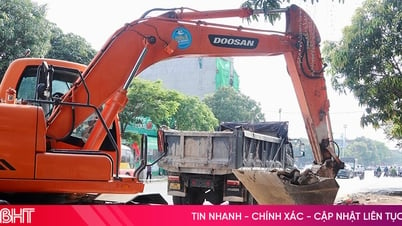



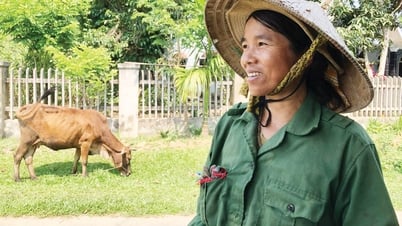
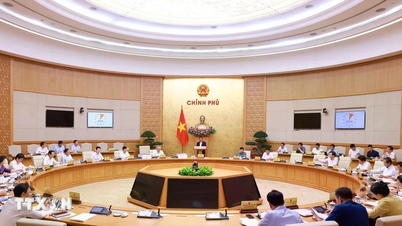












Comment (0)